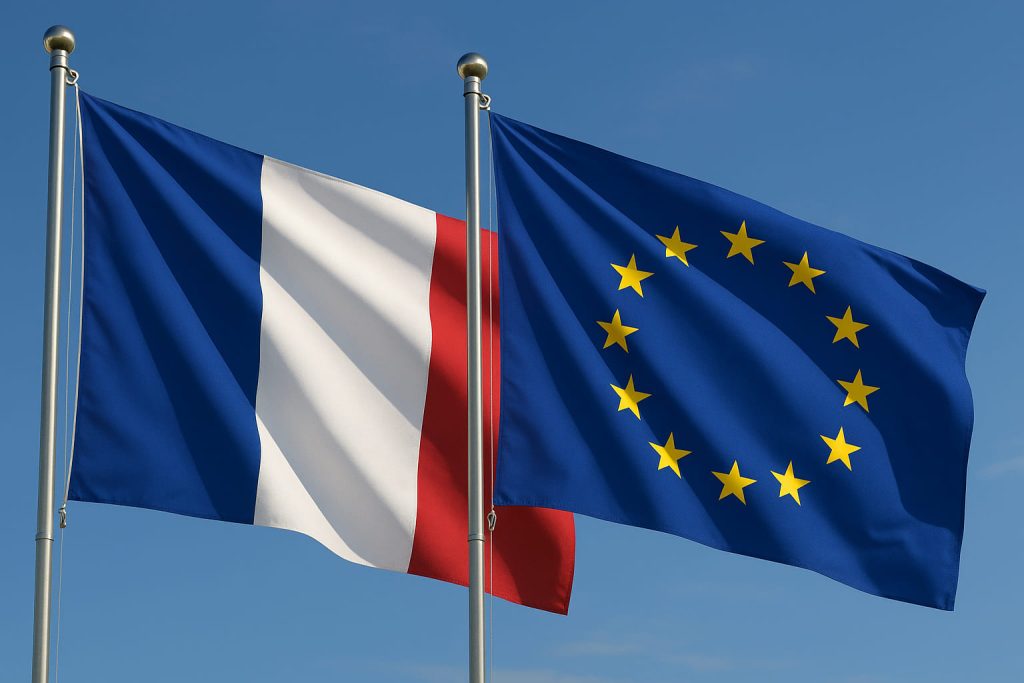Mid-term French MEPs’ votes – West euroconstituency

The election of a new president (speaker) of the European Parliament on Tuesday 17 January marks mid-term for the parliamentarians elected in France and throughout the EU in May 2014. Working in partnership with the Mouvement Européen-France on the basis of data supplied by VoteWatch, the Jacques Delors Institute has decided to mark the occasion by conducting a fresh analysis of the way French MEPs have voted to date in connection with the twenty emblematic issues submitted to their approval (the Juncker Commission’s investiture, the TTIP, trade secrets, the European border guard and coastguard agency and so forth).
These factsheets will allow us to put “faces on the political divide” which structures the European Parliament’s democratic life. Our twenty voting analyses address both the positions expressed by all of the parliamentarians elected in France and those expressed within the eight regional euroconstituencies (Île-de-France, Grand-Est, Sud-Ouest and so forth) so that they can be disseminated to as large a number of voters as possible.





